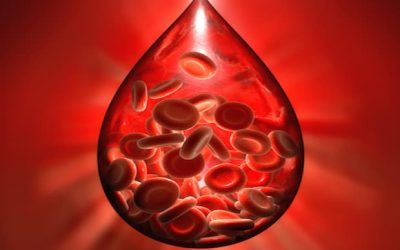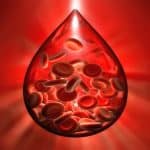Children in England suffering from a rare form of muscular dystrophy will soon be able to access the only drug licensed for their condition after a ground-breaking agreement was reached between NHS England and PTC Therapeutics.
Under the five-year commercial agreement, which includes an outcomes-based incentive for the manufacturer as well as a mechanism to monitor how well the medicine has worked in practice before future funding decisions are made, Translarna (ataluren) can be used to treat children aged five and over with Duchenne muscular dystrophy (DMD) caused by a nonsense mutation.
The move follows a recommendation by the National Institute for Health and Care Excellence earlier this year that the drug, which costs £222,000 per year (before discount) should be available on the NHS if NHS England and PTC could successfully negotiate an economically acceptable managed access agreement.
This agreement will now trigger the publication of final NICE guidance, and plans are being put in place to allow treatment to commence in designated specialist centres soon afterwards, NHS England noted.
The Institute noted that, in one clinical trial, none of the children in the most sensitive group taking the drug lost the ability to walk over the 48 weeks of the trial compared with 8 percent on the placebo, and that research predicts that it could delay loss of walking for up to seven years.
“Our innovative agreement with PTC makes the treatment available for patients now, provides us with further evidence on effectiveness to inform future decisions, and importantly allows us to effectively manage our resources across this and other new treatments for other patients,” said NHS England’s director of Specialised Commissioning and deputy medical director, Dr Jonathan Fielden.
“This also signals the approach NHS England will be taking for a wider range of decisions regarding new high cost medicines, where we will look for better ‘win-win’ arrangements with companies that link payments to outcomes, while driving value for taxpayers.”
Translarna won conditional approval from the European Commission in August 2014 to treat nmDMD, and is currently available to patients in 23 countries through either expanded access programs or commercial sales.









